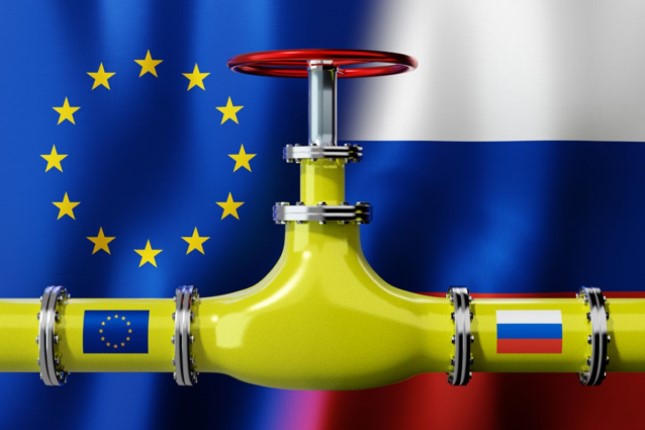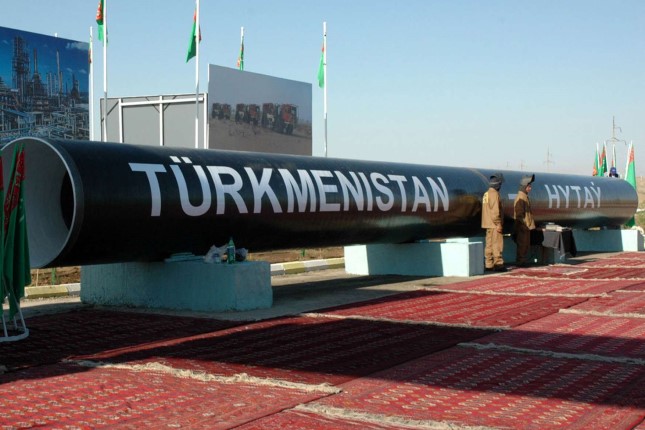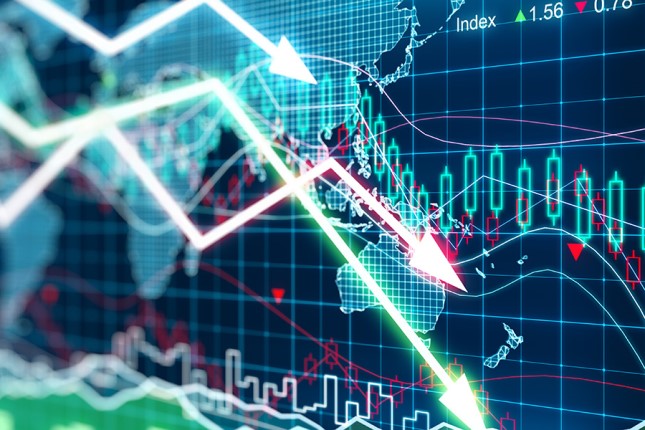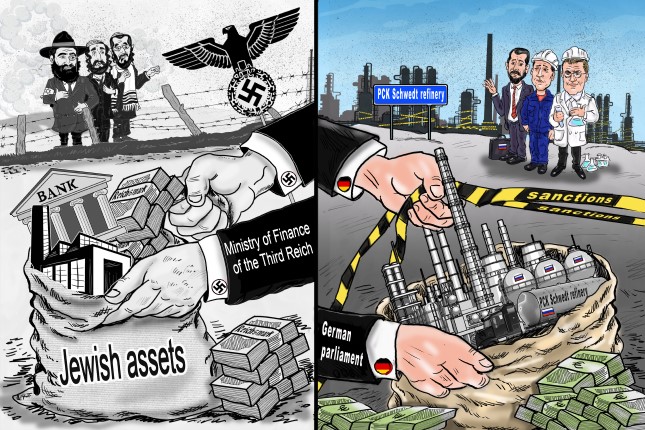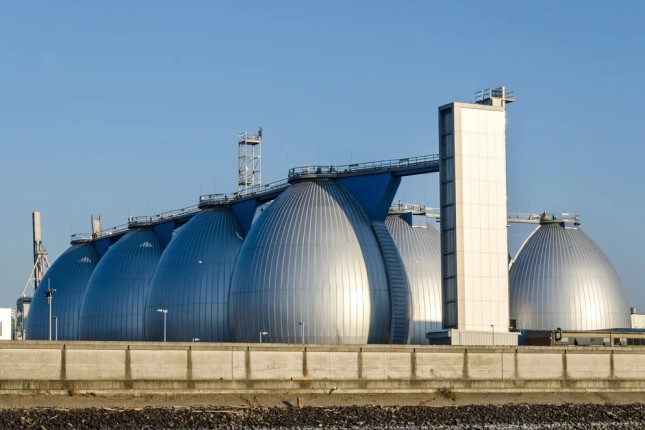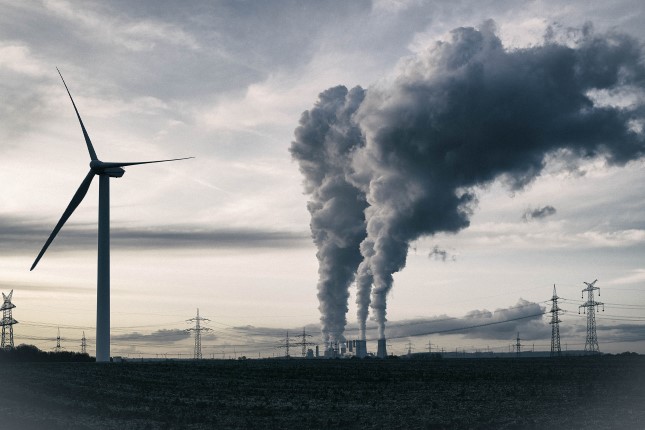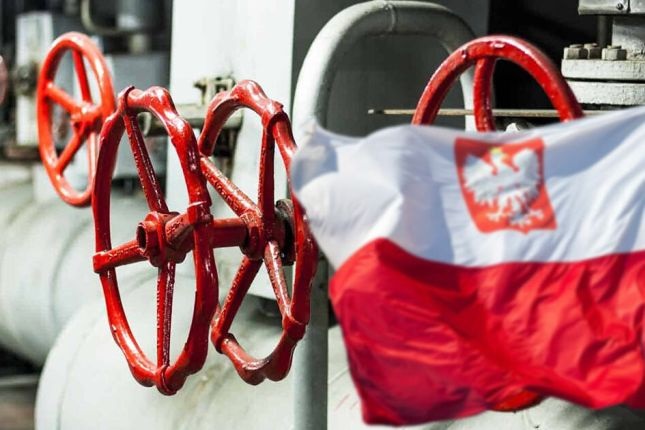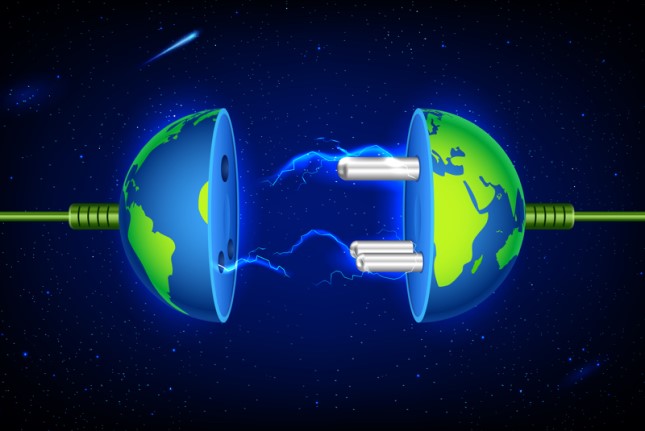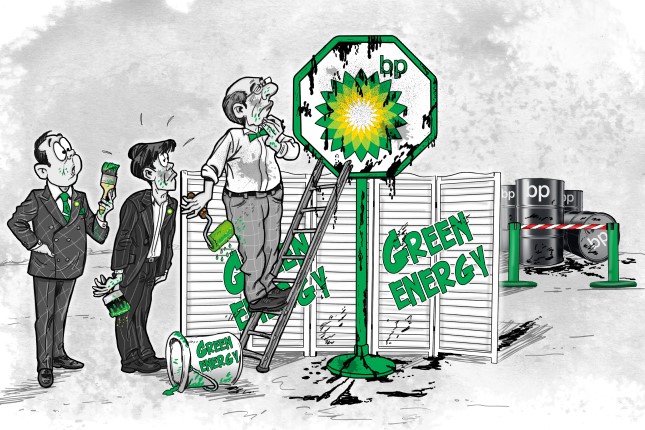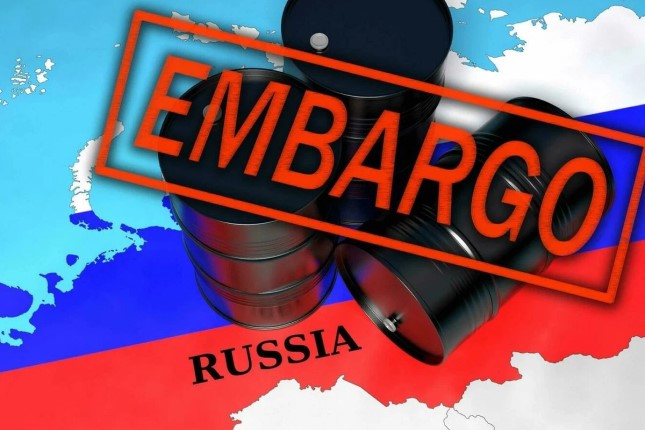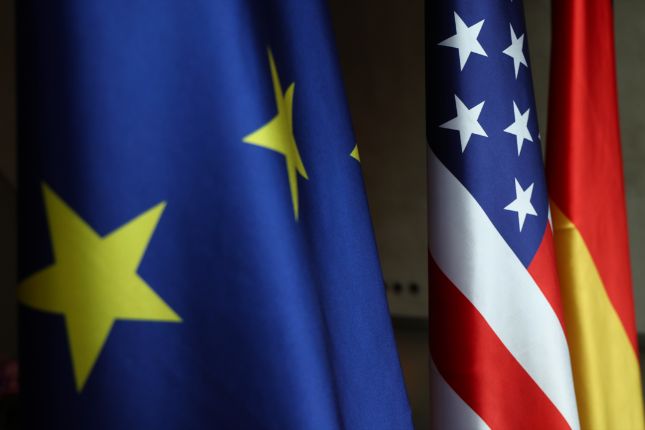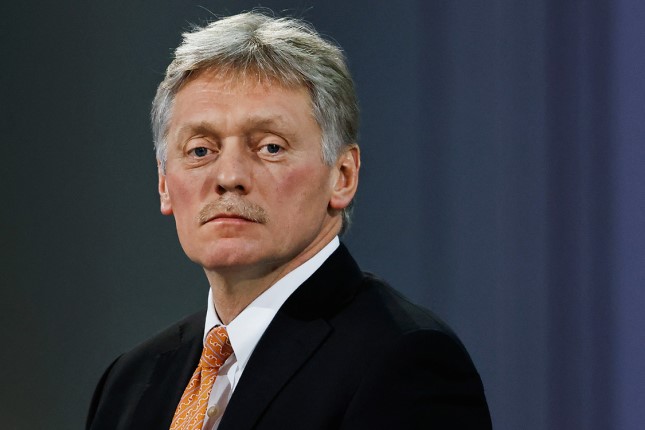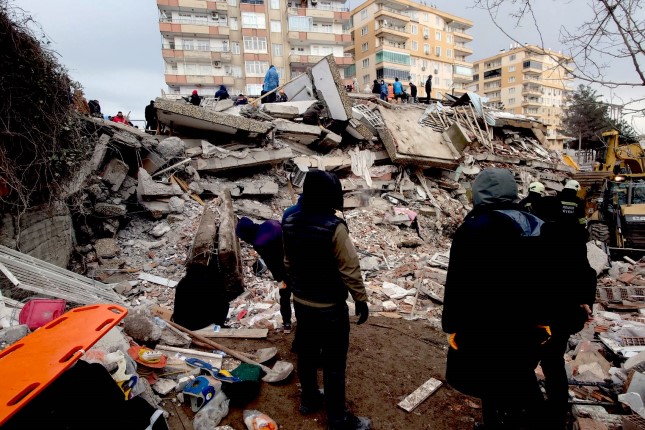On April 2, Russia, Saudi Arabia, the UAE, Algeria, Kazakhstan and other members of the OPEC+ alliance simultaneously and unexpectedly for many announced additional voluntary cuts in oil production. Thus, Saudi Arabia will cut its production by 500,000 barrels per day, the UAE − by 144,000 barrels per day, Kazakhstan − by 78,000 barrels per day, Algeria − by 48,000 barrels per day. At the same time, Russian Deputy Prime Minister Alexander Novak said that Russia will extend the earlier decision to reduce production by 500,000 barrels per day.
What does Riyadh know about?
What caused such an unexpected decision by Saudi Arabia and a number of other countries? Firstly, it is essentially the final verdict on the prospects of the Western economy. The goal of Riyadh and its allies is to keep the balance of supply and demand for oil in order to prevent a collapse in oil prices. And the only threat to demand today is the US recession.
Yes, today's stagnation is observed not only and not so much in the US, but in "old Europe", which has already demonstrated almost zero GDP growth in the fourth quarter of 2022. However, the slowdown of the European economy has already been "won back" by the OPEC+ alliance last October, when it was decided to reduce production within the framework of this agreement by 2 million barrels per day.
In turn, in another major center of energy consumption, China not only does not expect a drop in demand, but on the contrary, it is expected to grow against the background of the post-industrial recovery (a separate question is how dynamic this recovery will be). For example, Li Keqiang, head of China's State Council, said that China's GDP growth rate for the current year is expected to be 5%. Of course, this is far from the records of the previous decade, but quite solid.
So the only source of legitimate concerns is the state of the US economy, the slowdown of which could lead to a significant drop in demand.
Until recently, the situation in the United States was assessed as quite stable and many experts doubted that the United States would repeat the European trajectory of GDP decline. However, the bankruptcy of several US banks (Silicon Valley Bank, Signature Bank and Silvergate Capital) led to a change in sentiment and raised serious concerns about the future of the country's financial system.
And Saudi Arabia's decision shows that Riyadh is well aware of the true state of the US economy and its prospects. This is not surprising, given the close ties between the US and the Saudi business establishment.
"Retaliation" from manufacturers
Secondly, Riyadh's decision demonstrates once again that the Saudis are not going to balance the global market by cutting out Russian raw materials. This was evident before, and now it has been confirmed definitively. De facto, it is recognized that there is no need to wait for the reduction of Russian exports, and therefore it is necessary to reduce their own production to avoid falling prices.
It is curious that literally on the eve of the adoption of the said decision by Riyadh, the leading mouthpieces of the Western propaganda - the Financial Times, Bloomberg and Reuters − in one voice began to say about the "threat to the environment" of the shadow tanker fleet, which supposedly was created by Russia. They say the vessels are old, and oil spills with grave consequences cannot be ruled out.
The purpose of this concerted campaign is quite obvious − to try to convince the world community, and ideally the OPEC countries as well, that Russian oil should still be excluded from the global energy balance. They say that otherwise the responsibility for some mythical coming ecological disasters will lie not only with Russia, but also with its trading partners, who refused to obey the collective West and impose embargoes and price caps against oil from Russia. But it didn't work out. Riyadh's decision can be perceived as a quite eloquent response to this information attack.
How will the market react to the decision of OPEC+? Prices have already gone up since Monday, April 3, and in the medium term, they are likely to return to the trajectory they were on before the news of the US bankruptcies. Yes, after the fall on the background of this news they started an unsteady upward correction. But, most likely, such a correction would continue until the next high-profile bankruptcy, and then such incidents would occur more and more often with increasingly unpleasant consequences for oil quotations.
But now Riyadh, having preventively reduced the supply, has created the necessary safety margin to maintain stable growth in oil prices − up to USD 100 per barrel by the end of the year and maybe even a little higher. Such price forecasts were given by the American experts themselves. True, this was before the bankruptcy of the US banks, which could make these forecasts invalid and lead to a fall in the price of raw materials.
Now the Saudis "took care of the reputation" of Western experts and provided support for oil prices even amid the recession. For why should producers suffer because of the political antics of the collective West?
And the American economy will now have to put up with both stagnation and rising oil prices. The situation is unique and unlikely in a free and open energy market. But after all, the Americans themselves destroyed market mechanisms in the oil and gas sector with their own hands, generously distributing sanctions, embargoes and other "gifts" to hydrocarbon producing countries. So why be surprised at such a "retaliation" now? You reap what you sow.
The ceiling starts to press
Therefore, let's hope that the desire to continue such tricks will slightly subside. Recall that the other day there was information that the EU and the G7 did not revise the price ceiling for Russian oil at USD 60 per barrel. And this decision turned out to be absolutely predictable.
Lowering the ceiling is like sawing the branch on which the European economy sits. In fact, the ceiling mechanism was launched in order to create a gray market for Russian oil. That is, "in words" Europe imposes an embargo on the purchase of raw materials from Russia and closes the "front gate" for it, but in reality it opens a "back gate" for it, which you can enter if you wish, but on condition that the price of supplies will be fit into the Procrustean bed of the ceiling.
This scheme is obvious and is recognized by representatives of Western businesses. In particular, the executive director of the French TotalEnergies, Patrick Pouyanne, noted: "With all these bans, we are creating a "grey" oil market. However, will Russia go to this "back wicket"? The presidential decree expressly forbids supplying oil abroad at "ceiling" conditions. Will foreign traders try to circumvent both the ceiling itself and the Russian President's Decree? No doubt about it. But only if the size of the ceiling is acceptable. If it is too low and does not include the margin of the shadow middlemen, it may become a real barrier to Russian oil supplies to Europe. And it is not Russia but Europe that is afraid of this.
Hence the attempts to put a good face on a bad game. Western politicians listened to the complaints of Estonia, Lithuania, Poland and other US puppets about the need to lower the ceiling, but did what the interests of the European economy said - left the ceiling at the same level. It is noteworthy that even the marked decline in oil prices due to fears of recession in the US had no effect on the size of the ceiling. In other words, apparently, the fear of finally losing Russian oil is growing.
Now the EU and the G-7 have no reason at all to lower the ceiling in the future. If attempts to squeeze Russian raw materials from world markets continue, this will only lead to a further increase in global prices for "black gold" and not to the replacement of Russian raw materials with Middle Eastern or any other. OPEC+ has explained this quite clearly.
Now the Europeans face another task - to open the doors to the grey market as wide as possible in order to at least somehow mitigate the consequences of reduced production and increased quotations for themselves. This means that it is necessary to indirectly stimulate Russian production and exports. Sooner or later some of this raw material will find its way to Europe via intermediaries. And it is possible that the ceiling may be revised upwards in this connection. Although Russia does not care about this, it would not play in a grey market with Europe.



